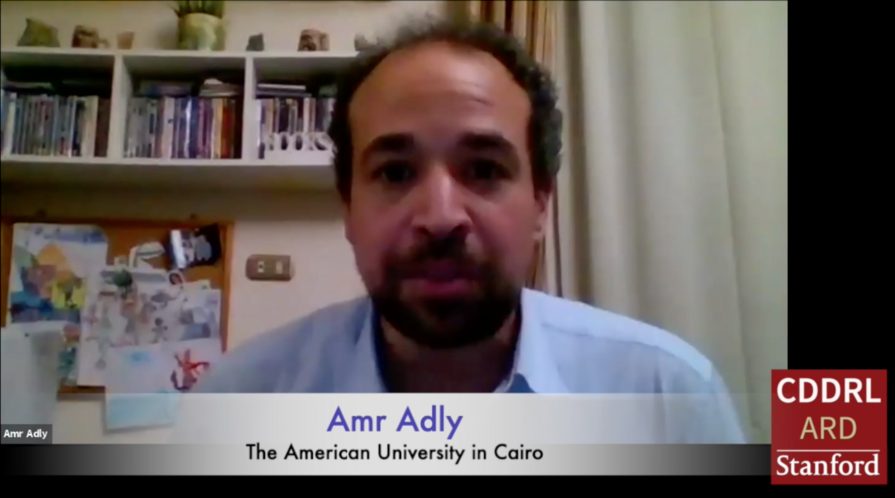How has infrastructure development been used to gain influence in diplomacy? How has our understanding of that tool changed since BRI, and how successful has it been for China?
Infrastructure development has always been a problematic tool for amassing geopolitical influence; it builds friendships when loans are going out, then creates enemies once they’re issued. A recent example is the 1997 Asian financial crisis when Western countries had invested in power plants throughout the continent, only for many countries to default and expropriate. This has happened repeatedly throughout history.
While China’s done quite well at protecting its economic interests in infrastructure projects, it's a mixed bag due to the prevalence of moral hazard, public backlash, and the tarnishing of diplomatic ties. With the state being so heavily involved in BRI, China intervenes when countries want to default or expropriate, protecting its interests and those of state-owned enterprises effectively. However, this can lead to a moral hazard problem because these enterprises feel too protected by China and act without the appropriate caution while building risky projects.
Today, many countries that have received BRI lending have serious relational problems with China, if not at the government level, then among the public. People tend to push back and feel taken advantage of when a foreign country comes in and builds projects, especially with rumor mills churning out narratives about China’s 'debt-trap diplomacy.' These diplomatic challenges were true long before the BRI and persist today.
Why do countries, through BRI or other means, decide to take on infrastructure projects they obviously can’t afford?
Countries often don’t behave rationally — politics, corrupt officials, and conflicting interests all affect policymaking. Also, everyone builds infrastructure projects that may bankrupt them, partly due to an ingrained optimism bias in the infrastructure sector.
We’re in the worst developing country debt crisis in modern history, and countries are having a difficult time navigating a changing infrastructure lending landscape. China is now the largest bilateral lender, and its absence from international organizations like the Paris Club prevents the unified action needed to allow countries to emerge from debt crises. Even the International Monetary Fund (IMF) is struggling to help them, as it is cautious about issuing aid to countries with murky BRI loans to pay back.
Funding for infrastructure development can be used as an incentive for democratization through conditionality on loans. However, many countries are turning away from traditional Western lending institutions in favor of alternative lenders with fewer conditions. How can we balance the importance of conditionality and incentivizing democratization while preventing the decreased reliance on Western institutions?
Conditionality can be positive in promoting democratization, but there have to be limits to it, especially because it becomes less effective when alternative lenders like China exist. Conditionality began as limited to policies that promote democratization, development, and liberalization but has metastasized to the point where lenders are pushing a wide range of policies on borrower countries. Many of these conditions, such as environmental or social protections, are good policies but can be viewed as a manifestation of Western imperialism within these countries. These programs also become futile when countries become simply incentivized to seek Chinese loans instead, which have virtually no conditionality.
Is the turn away from Western lending institutions an inevitable shift, or can policy changes encourage its prodominance again, if that’s something that we want?
Western institutions are better for infrastructure development, as organizations like the World Bank are the best at protecting human rights and preventing environmental disasters. There are also strategic and security reasons for promoting Western institutions — for example, we don’t want Chinese technology companies building telecommunications grids in other countries.
The bigger question is, what would a return to a Western-dominated model of investment look like? Pre-BRI, there was an open, liberal system of direct investment from private companies. BRI represented a pivot to more state-driven investment. Should the US shift to a similar model, or return to private direct investment fueling infrastructure development? The Biden administration’s alternative to BRI for state-driven investment was the Partnership for Global Infrastructure and Investment (PGII). Despite mutual investment in telecommunications and renewable energy, PGII focuses on developing very different sectors than BRI, building social impact projects like healthcare infrastructure.
What is the most exciting or impactful finding from your research, and why do you think it matters for democracy, development, or the rule of law?
I’m focusing on how liberal democracies can get building again, so I researched flaws in domestic infrastructure projects within the US. It revealed how the judicial system was an engine fueling how infrastructure projects are conducted; I realized the extent to which permitting regulation and environmental litigation had been driving my own incentives when I was a bureaucrat. Decisions are often made in response to case law and to ‘litigation-proof’ projects, which can incentivize inefficient and expensive project management. I believe democracies are perfectly capable of building infrastructure projects well, but problems in current building initiatives, from the California High-Speed Rail to our housing crisis, are rooted in the outsized effects of the threat of lawsuits.






















